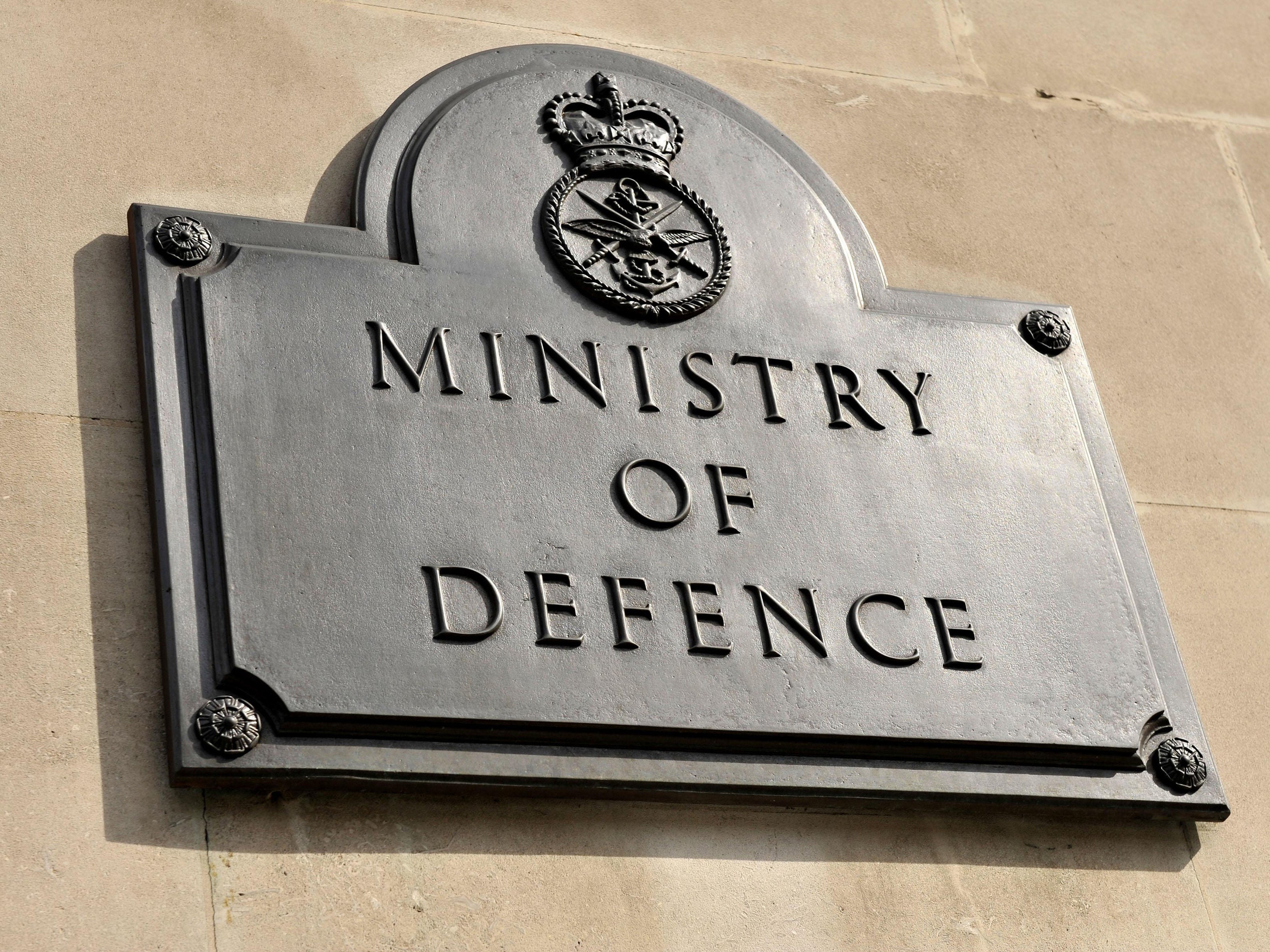The key differences between the investigations into the lost MoD documents and the Hancock CCTV leak
Kim Sengupta explains why the inquiry into the abandonment of sensitive Ministry of Defence documents appears relatively clear cut, whereas the probe into the leaking of CCTV from Matt Hancock’s office is anything but


Two high-profile Whitehall investigations are under way after a turbulent few days in politics, which saw the departure of health secretary Matt Hancock and the discovery of classified and secret Ministry of Defence documents abandoned rain-sodden beside a bus stop.
There are notable similarities between the two cases, but the final outcomes of the investigations may turn out to be rather different, with what constitutes whistleblowing in the public interest being a key factor.
Neither of the inquiries, each of which involves material having been passed on to the media, should take that long. The identity of the person who left the MoD documents – a senior civil servant – is already known to officials. There are already suspects, it is believed, in relation to the images of Hancock kissing his aide and mistress Gina Coladangelo – the exposure of which led to the health secretary’s resignation.
Contrary to some reports, MI5 has not been involved so far in either of the investigations, which are being carried out by the government departments concerned.
The Ministry of Defence Police are carrying out the inquiry into the documents that ended up in the BBC’s hands. That role would have been taken by the Royal Military Police if the subject of the investigation were a member of the armed forces rather than a civilian. Meanwhile, the Department of Health and Social Care (DHSC) will carry out an internal investigation into how CCTV footage from Hancock’s office turned up in The Sun.
The civil servant at the MoD has, according to sources, admitted responsibility for mislaying the documents, which were found by a member of the public. Some of the papers – including one marked “Secret UK Eyes Only”, which discussed a possible future British military presence in Afghanistan as well as naval activity in waters around Crimea – should not have been taken, unauthorised, out of the building.
There appears to be no evidence of the involvement of foreign states in the removal of the documents, and the individual who took them has given no indication that they wanted to reveal British policy they disagreed with.
Nevertheless, the expectation in Whitehall is that the individual will almost certainly face action of some description, the severity of which will depend on mitigating circumstances.
What happens with the Hancock inquiry is nothing like so clear-cut. There have been a number of reports that an employee of the DHSC approached newspapers offering photographs and the video through a third party.
The third party, according to these accounts, was an anti-lockdown campaigner. The DHSC employee reportedly wanted to stress, during attempted transactions, that monetary gain was not their primary motive in making the images public.
Jeremy Hunt, the former health secretary, suggested that obtaining the images could “possibly” have amounted to a breach of the Official Secrets Act. In his interview on The Andrew Marr Show, Mr Hunt said: “It is completely unacceptable from a security point of view … and so there’ll be issues that our intelligence agencies will want to look at very, very carefully.”
Except that the intelligence agencies appear to be in no hurry to get involved, and do not – at least for the time being – appear to want to look at it “very, very carefully”, or in any other way. In addition, some in the security and intelligence services do not accept that passing on footage of the health secretary breaking his own government’s social distancing rules – or having an extramarital affair – constitutes a breach of the Official Secrets Act.
The Cabinet Office may yet call in Scotland Yard or the Security Service to the Hancock investigation. But a security official said there was no great demand for a thorough investigation such as those which took place, for instance, when the then defence secretary Gavin Williamson was accused of leaking information from an NSC (National Security Council) meeting – an accusation that led to his sacking – or when the diplomatic cables from Kim Darroch, the then British ambassador to Washington, about Donald Trump became public.
Whitehall officials also point to what they see as potentially being a crucial factor in the endgame, which is that a person charged with a criminal offence appearing in court, or appearing before an employment tribunal, could claim to be a whistleblower exposing ministerial malpractice, and may well get a sympathetic hearing. The fact that Hancock had to resign after the footage surfaced would add to this argument.
Even Jeremy Hunt, while talking about breaches of the Official Secrets Act, was quick to add that whistleblowers should be protected. “Anyone accused would feel entitled to claim they were a whistleblower, and action against them could be portrayed as vindictively seeking punishment and scaring off others who want to expose wrongdoing,” said an official. “This is an issue, a very problematic issue which is not going to go away. A judgement call will have to be made about what happens at the end.”

Join our commenting forum
Join thought-provoking conversations, follow other Independent readers and see their replies
Comments